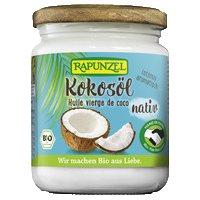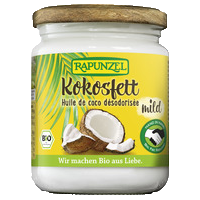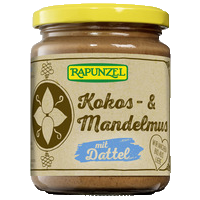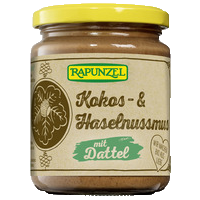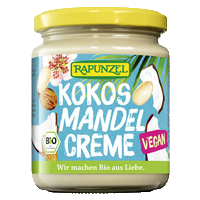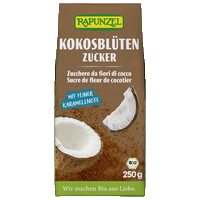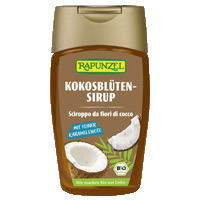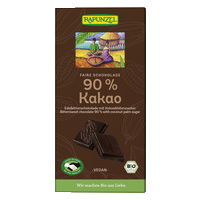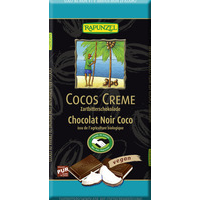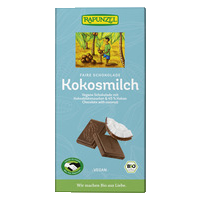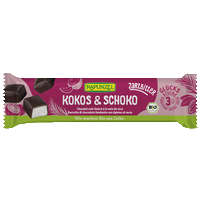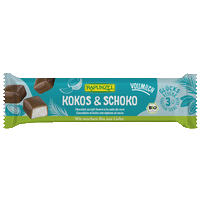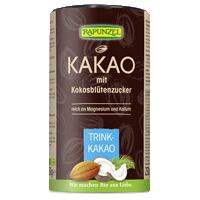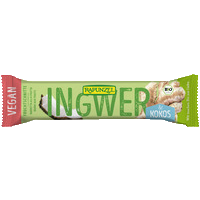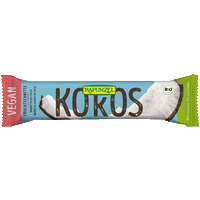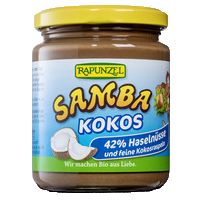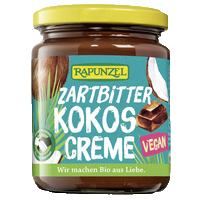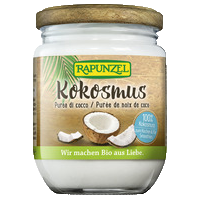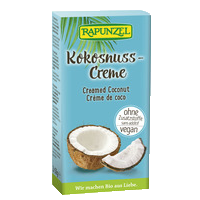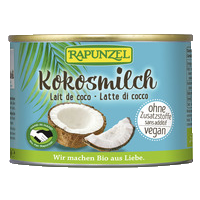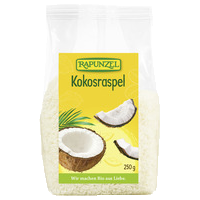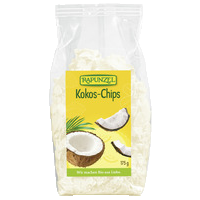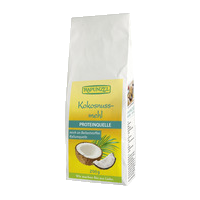Product overview
Hard outside – delicious inside
For the inhabitants of tropical coasts, the coconut has been an excellent food and source of raw materials for thousands of years. Thanks to its positive properties and its delicious flavor, the coconut is also becoming more and more popular in this part of the world. Coconut oil, coconut milk, coconut cream, coconut butter, coconut chips or coconut flakes – get inspired by the diversity of Rapunzel coconut products and our creative recipe ideas!
Advantages of organically cultivated coconuts
- organic coconut palms are mostly cultivated in mixed cultures
- no mineral fertilizers
- the undergrowth between the palm trees is used as cattle pasture throughout the year
- potassium-rich coconut fibers are used as fertilizer
- humus build-up improves the soil’s water storage capacity and improves soil fertility!
Advantages of organically cultivated coconuts
- organic coconut palms are mostly cultivated in mixed cultures
- no mineral fertilizers
- the undergrowth between the palm trees is used as cattle pasture throughout the year
- potassium-rich coconut fibers are used as fertilizer
- humus build-up improves the soil’s water storage capacity and improves soil fertility!
Cultivation and harvest
Coconuts are grown in mixed culture, e.g. together with pineapples, bananas, pepper, cinnamon, cocoa and coffee. The coconut palms are fertilized with nutrient-rich compost consisting of cow manure, leaves and coconut fibers. The coconuts are harvested with long sticks every six weeks. The harvested coconuts are dried under the palm trees until they have reached maturity. In the next step, the fibrous coconut husk is removed. After an additional maturation period of about 21 days the shell and the skin can be separated quite easily from the pulp. Finally, depending on the final product, the coconut is processed in various ways.
What makes the coconut so healthy?
Within the nut family, the coconut is unique. It has a fat content of approx. 37% which is significantly less than the fat content of other nuts. Although saturated fatty acids are the dominating fatty acids, coconut fat nevertheless has positive effects on metabolic processes. This effect is due to medium-chain fatty acids, especially the so-called lauric acid. Lauric acid increases the level of beneficial HDL cholesterol. Moreover, coconut has high amounts of tocotrienols – special compounds that resemble vitamin E antioxidants – and contain important minerals such as calcium, magnesium and zinc.
Coconut Cream
Coconut cream is made from 100 % pure coconut pulp (copra).
How to use: great for the refinement of Asian dishes, for soups and sauces, for baking or by itself as coconut whipped cream. Use also for the preparation of coconut milk.
Pre-portioned (2 × 50 g sachets) for easy handling.
Origin and production:
Coconut cream is produced by our longtime supplier from Sri Lanka. The coconuts are removed from their fibrous husks, the hard shells are cracked open and the white pulp is extracted. Next, the pulp is washed, dried, cut into rough pieces and grated. Finally, the coconut rasps are ground into a fine cream. The soft texture of the coconut rasps is partially conserved in the coconut cream.
Tip: Mix coconut cream with water (1 part coconut cream and 2 parts of water) for delicious, self-made coconut milk!
Coconut cream is made from 100 % pure coconut pulp (copra).
How to use: great for the refinement of Asian dishes, for soups and sauces, for baking or by itself as coconut whipped cream. Use also for the preparation of coconut milk.
Pre-portioned (2 × 50 g sachets) for easy handling.
Origin and production:
Coconut cream is produced by our longtime supplier from Sri Lanka. The coconuts are removed from their fibrous husks, the hard shells are cracked open and the white pulp is extracted. Next, the pulp is washed, dried, cut into rough pieces and grated. Finally, the coconut rasps are ground into a fine cream. The soft texture of the coconut rasps is partially conserved in the coconut cream.
Tip: Mix coconut cream with water (1 part coconut cream and 2 parts of water) for delicious, self-made coconut milk!
Coconut Butter
Similarly, to coconut cream, coconut butter is also made from 100 % finely ground coconut pulp.
How to use: ideal for the refinement of currys and Asian dishes, for baking, as butter substitute on bread, for the preparation of sauces and soups, for smoothies, desserts and ice cream.
Origin and production:
Rapunzel coconut butter is produced in Sri Lanka. After the harvest, the coconut pulp (copra) is removed and processed. In contrast to coconut cream, the grinding of the coconut flakes is done in two steps. After the drying process, the coconut flakes are ground. The second grinding step on a special fine grinding mill creates homogeneous, creamy butter.
Available in a resealable glass jar for easy and individual portioning.
Note: this product is a natural product that contains no additives. Therefore, coconut fat may separate. At a temperature above 25°C, the coconut butter softens and becomes liquid. Before using, briefly warm the glass in a water bath and stir well.
Tip: in the winter time, keep product near radiator in order to keep soft and spreadable.
Similarly, to coconut cream, coconut butter is also made from 100 % finely ground coconut pulp.
How to use: ideal for the refinement of currys and Asian dishes, for baking, as butter substitute on bread, for the preparation of sauces and soups, for smoothies, desserts and ice cream.
Origin and production:
Rapunzel coconut butter is produced in Sri Lanka. After the harvest, the coconut pulp (copra) is removed and processed. In contrast to coconut cream, the grinding of the coconut flakes is done in two steps. After the drying process, the coconut flakes are ground. The second grinding step on a special fine grinding mill creates homogeneous, creamy butter.
Available in a resealable glass jar for easy and individual portioning.
Note: this product is a natural product that contains no additives. Therefore, coconut fat may separate. At a temperature above 25°C, the coconut butter softens and becomes liquid. Before using, briefly warm the glass in a water bath and stir well.
Tip: in the winter time, keep product near radiator in order to keep soft and spreadable.
Coconut milk
The particularly high amount of coconut (67%) guarantees you an intense coconut flavor. Its distinct flavor makes coconut milk perfect for the Asian cuisine.
How to use: ideal for Asian dishes, cocktails, cakes, desserts and much more… Makes soups and currys especially creamy! Coconut milk is also ideal for the vegan kitchen and is highly digestible for people with lactose intolerance.
Origin and production:
Coconuts for Rapunzel coconut milk are harvested and processed in Sri Lanka.
For the preparation of coconut milk, the coconut pulp is rinsed with hot water until it disintegrates. Next, the mass is pressed in order to extract the concentrated coconut milk. Water is added until a fat content of 19 % and a creamy texture is obtained. Finally, the coconut milk is sterilized for approx. 25 minutes at 125°C.
Note: this product is a natural product that contains no additives or stabilizers. Therefore, coconut fat may separate and grayish veils may form in the product. This is characteristic of good quality. Simply stir and heat the coconut milk. The gray formations will disappear when the coconut milk is heated.
The particularly high amount of coconut (67%) guarantees you an intense coconut flavor. Its distinct flavor makes coconut milk perfect for the Asian cuisine.
How to use: ideal for Asian dishes, cocktails, cakes, desserts and much more… Makes soups and currys especially creamy! Coconut milk is also ideal for the vegan kitchen and is highly digestible for people with lactose intolerance.
Origin and production:
Coconuts for Rapunzel coconut milk are harvested and processed in Sri Lanka.
For the preparation of coconut milk, the coconut pulp is rinsed with hot water until it disintegrates. Next, the mass is pressed in order to extract the concentrated coconut milk. Water is added until a fat content of 19 % and a creamy texture is obtained. Finally, the coconut milk is sterilized for approx. 25 minutes at 125°C.
Note: this product is a natural product that contains no additives or stabilizers. Therefore, coconut fat may separate and grayish veils may form in the product. This is characteristic of good quality. Simply stir and heat the coconut milk. The gray formations will disappear when the coconut milk is heated.
Coconut oil, cold pressed
Coconut oil contains by nature mostly saturated fatty acids and is therefore particularly heat stable. Saturated fatty acids have long been considered as unhealthy but recent studies show that Coconut Oil can influence the metabolism positively. The cold pressed coconut oil brings a light and exotic coconut flavour in your dishes! Heat does not affect the positive properties of this oil and does not generate harmful substances and free radicals.
Preparation: The Coconut oil is made according to the “dry process”. After the harvest, the white pulp (copra) is extracted from the coconuts, it is then washed, grated and finally dried. The copra is then pressed mechanically without using heat.
Coconut fat, deodorized
Compared to the cold pressed coconut oil, our coconut fat is additionally gently deodorized with water steam in order to remove any odour or flavour and to obtain a neutral fat without own taste.
How to use: Both coconut fat and oil are perfect to fry, bake and deep-fry. They do not splatter nor foam.
Origin: The cold pressed coconut oil and the coconut fat deodorized Rapunzel are fair trade and come from our HAND IN HAND in Sri Lanka.
Coconut oil contains by nature mostly saturated fatty acids and is therefore particularly heat stable. Saturated fatty acids have long been considered as unhealthy but recent studies show that Coconut Oil can influence the metabolism positively. The cold pressed coconut oil brings a light and exotic coconut flavour in your dishes! Heat does not affect the positive properties of this oil and does not generate harmful substances and free radicals.
Preparation: The Coconut oil is made according to the “dry process”. After the harvest, the white pulp (copra) is extracted from the coconuts, it is then washed, grated and finally dried. The copra is then pressed mechanically without using heat.
Coconut fat, deodorized
Compared to the cold pressed coconut oil, our coconut fat is additionally gently deodorized with water steam in order to remove any odour or flavour and to obtain a neutral fat without own taste.
How to use: Both coconut fat and oil are perfect to fry, bake and deep-fry. They do not splatter nor foam.
Origin: The cold pressed coconut oil and the coconut fat deodorized Rapunzel are fair trade and come from our HAND IN HAND in Sri Lanka.
All Rapunzel coconut products at a glance
Delicious coconut recipes - coconut finely cooked

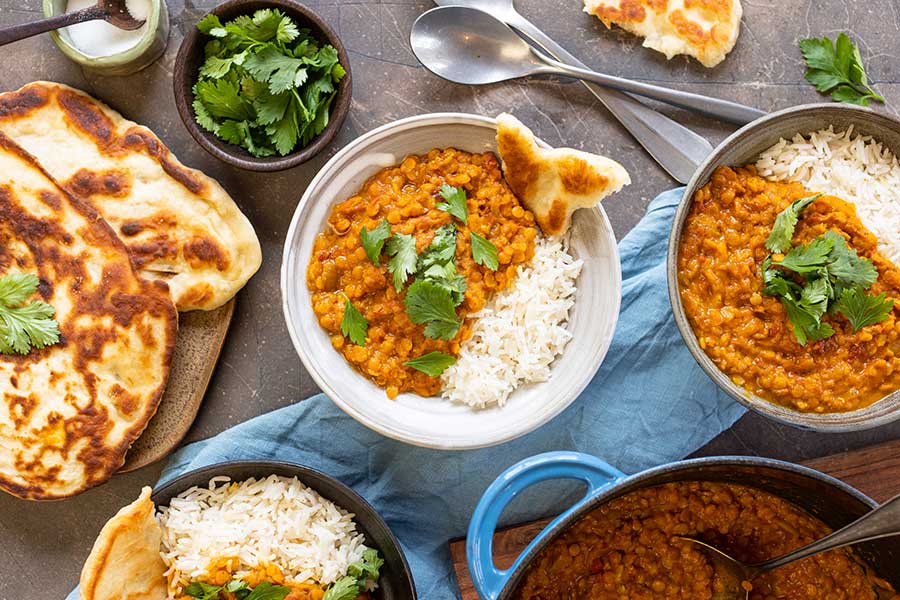
Warm Lentil Dal with Naan and Rice

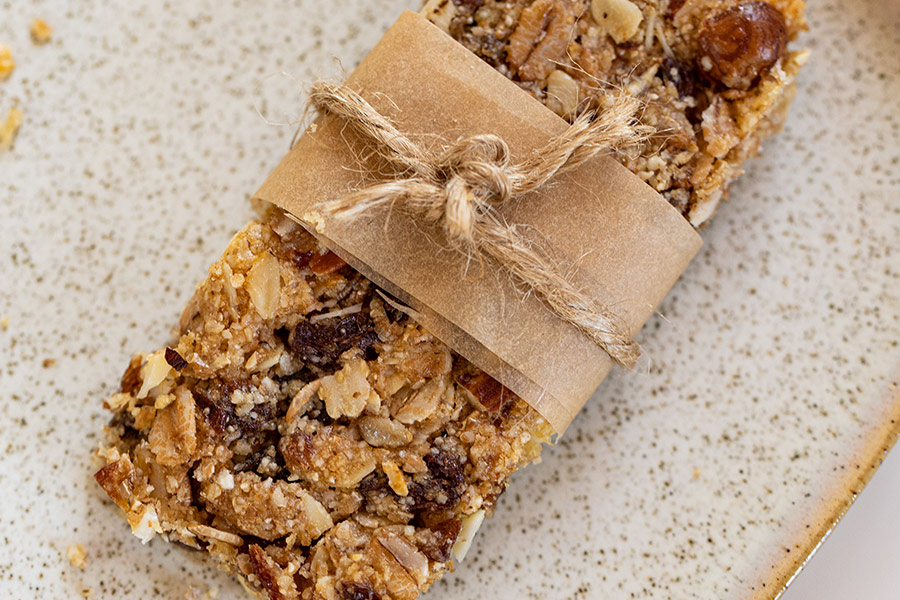
Muesli bar with trail mix
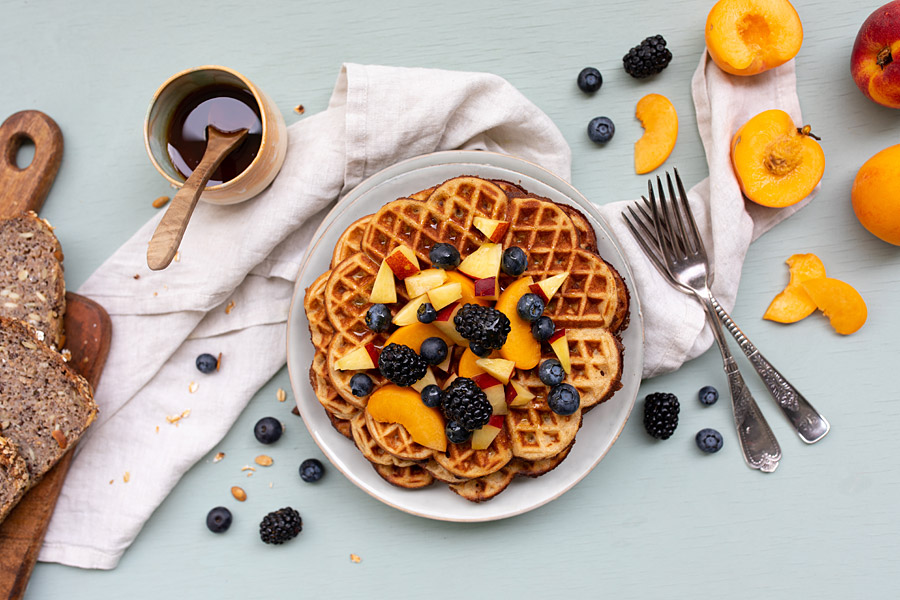
Bread waffles


Waffles with white almond butter

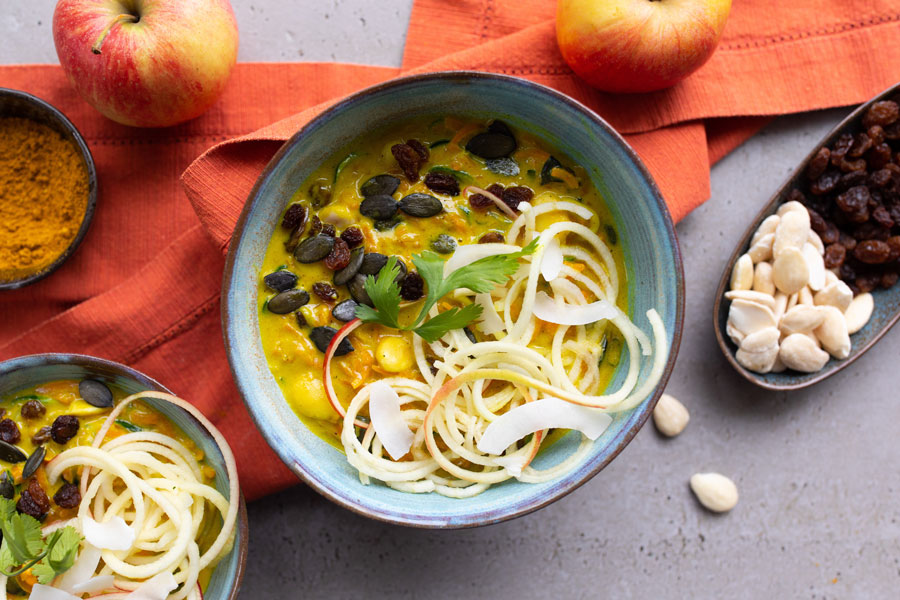
Coconut curry with almond butter, sweet potato and apple

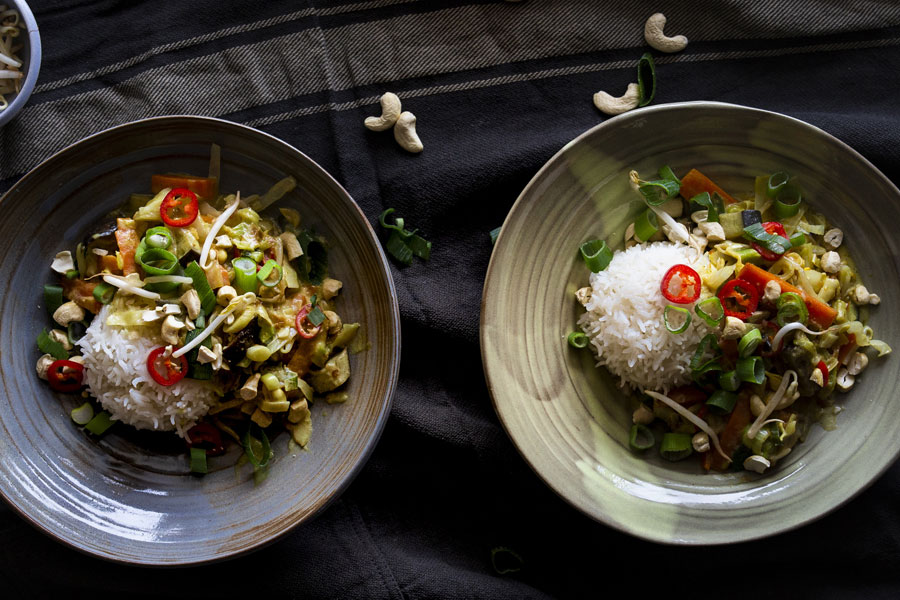
Asian wok with curry -coconut- peanut sauce and basmati rice

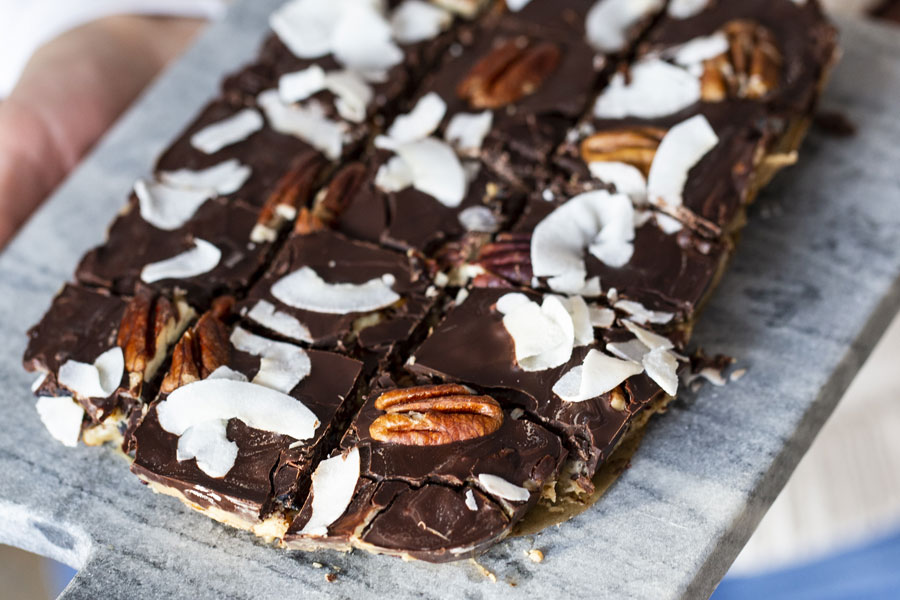
Chocolate bars of puffed rice, Pecan nuts and coconut chips

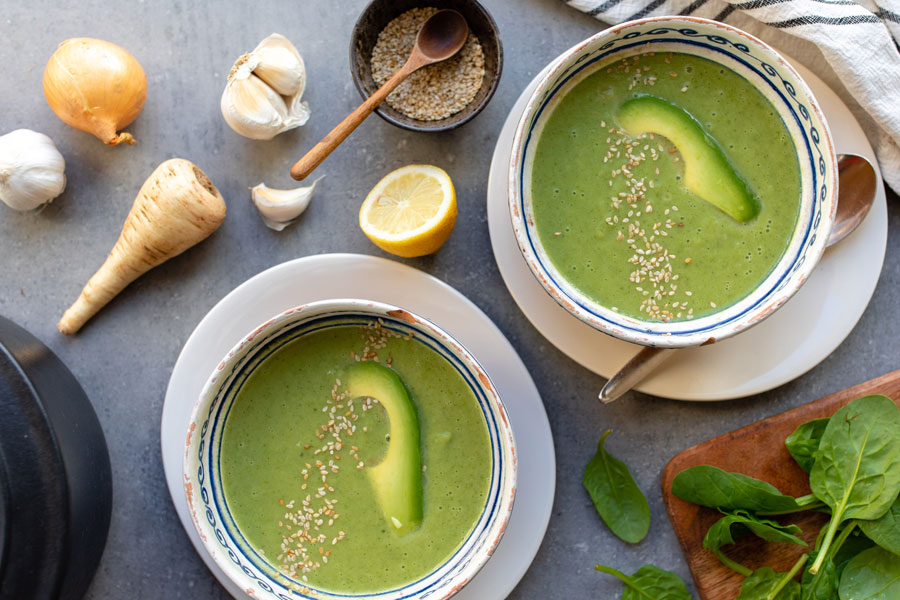
Base broccoli-spinach soup

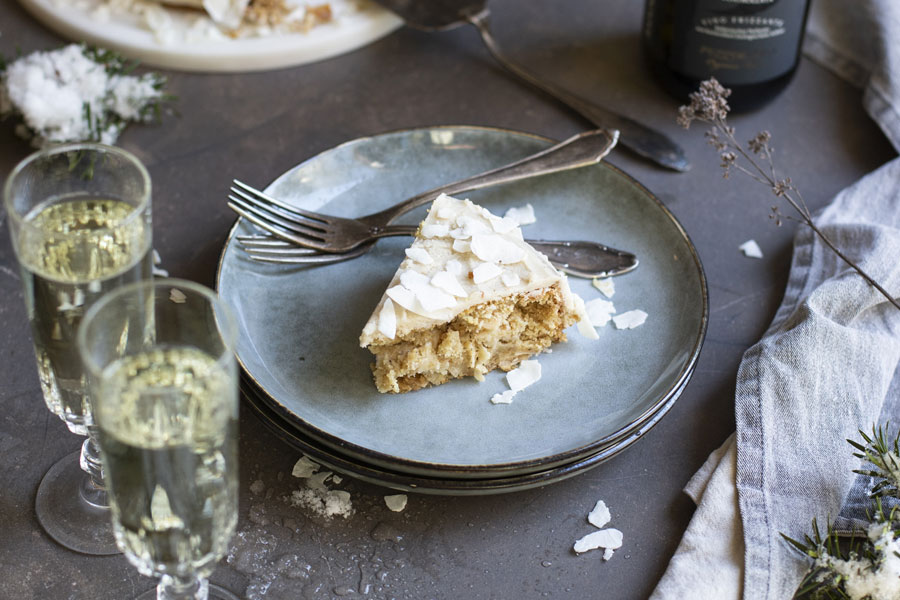
Coconut cake with coconut flakes and a coconut-almond cream

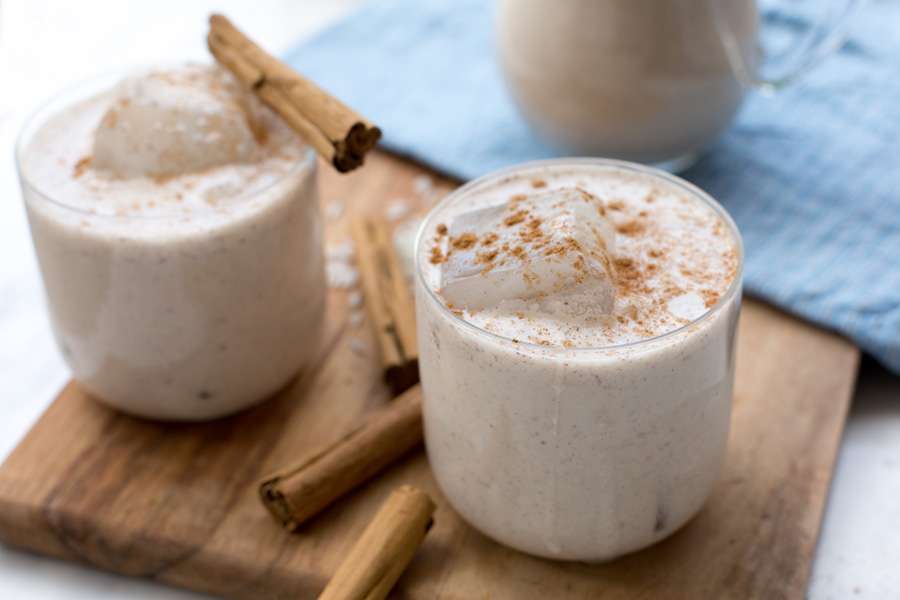
Easy Horchata with rice and cinnamon

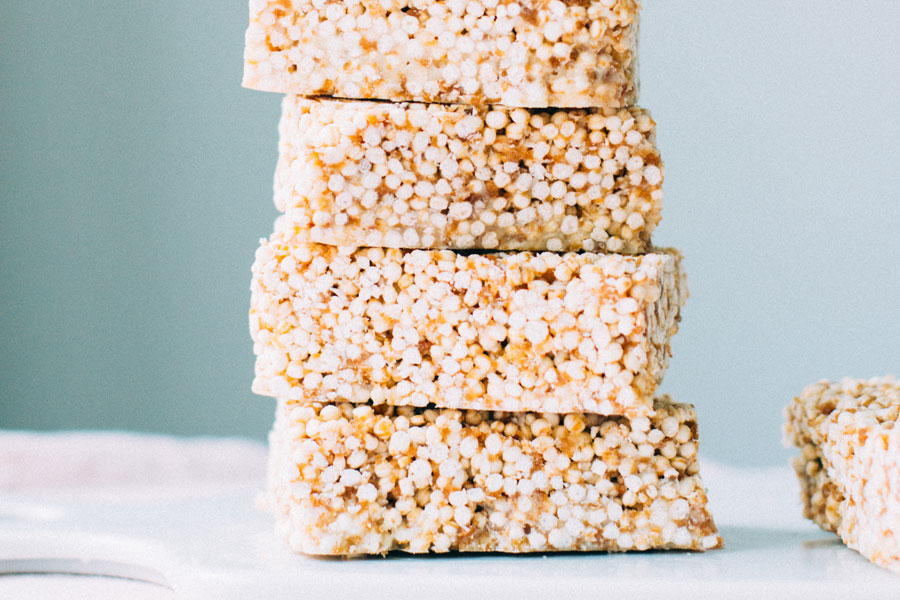
Quinoa Cocoa Butter Bars

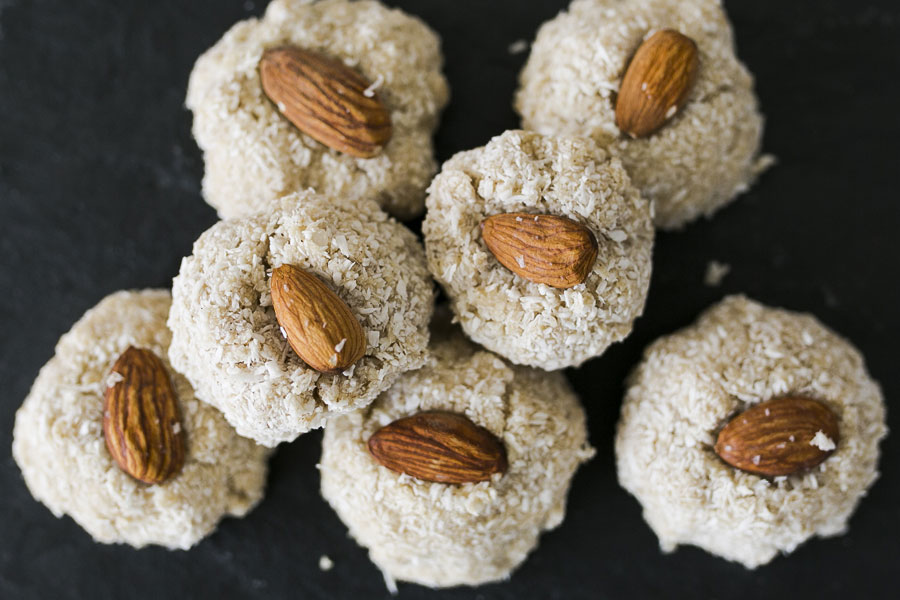
Histamine free Coconut Tahini Cookies
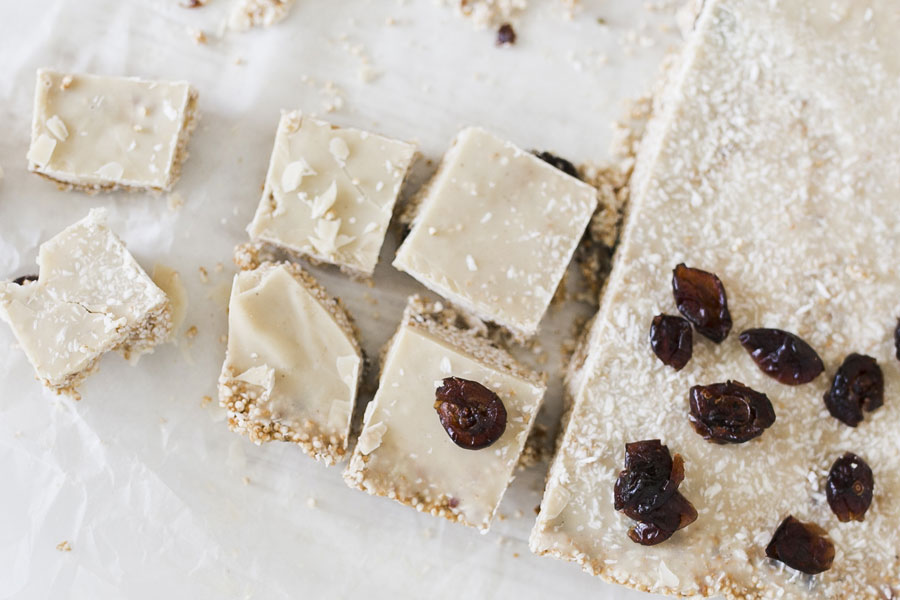
Histamine free Amaranth bars with coconut and cranberries

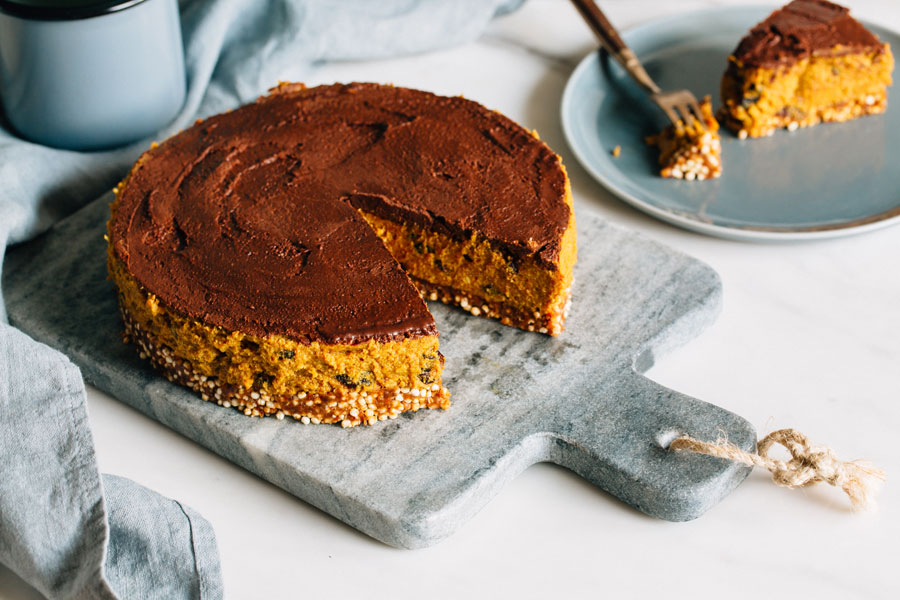
Turmeric Coconut Cake
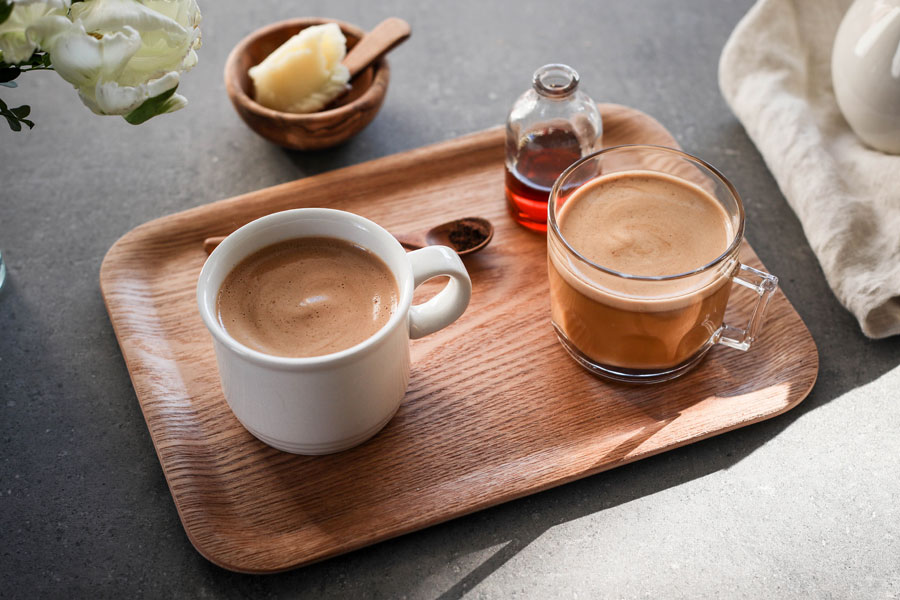
Ghee Power Coffee

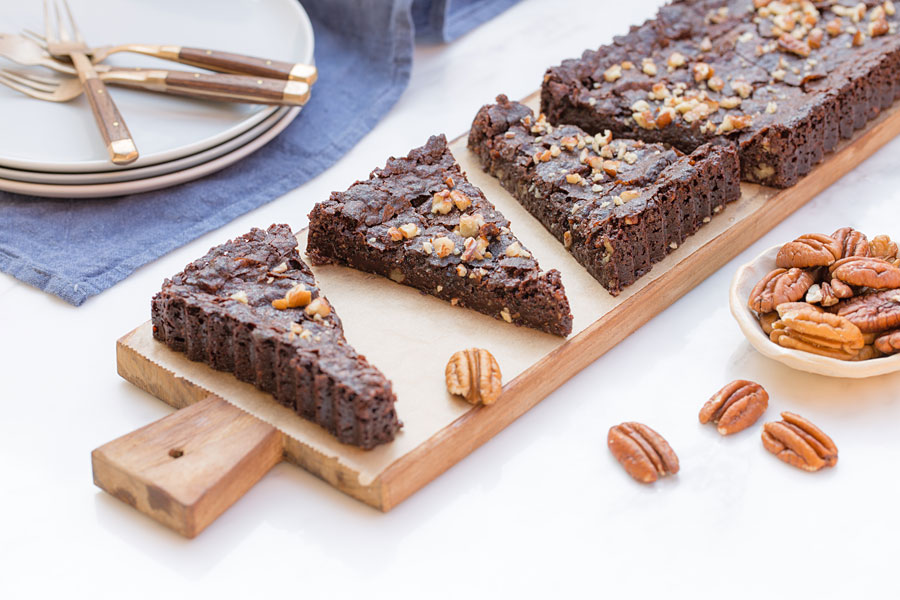
Brownies, klassisch oder vegan

